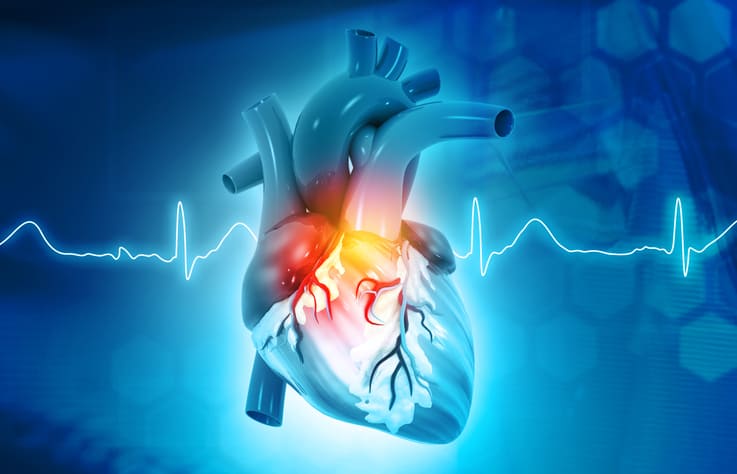Hypoglycemic episodes are associated with worse hospital outcomes. All adult patients admitted to our burn center from 2015 to 2019 were retrospectively reviewed. Patient demographics and burn characteristics were recorded. The primary outcome was mortality, and secondary outcomes were total length-of-stay and intensive care unit length-of-stay. All patients experiencing at least one hypoglycemic episode were compared to patients who did not experience hypoglycemia. There were 914 patients with acute burns admitted during the study period, 33 of which (4%) experienced hypoglycemic episodes. Of these, 17 patients (52%) experienced a single hypoglycemic episode, while the remainder experienced multiple hypoglycemic episodes. Patients with one or more hypoglycemic events were matched to non-hypoglycemic controls using propensity matching. Patients that experienced hypoglycemia had significantly less TBSA involvement (5% vs. 13%,median, p < 0.0002), higher prevalence of diabetes (48% vs. 18%, p < 0.0001), higher mortality (18% vs. 7%, p = 0.01), longer total length-of-stay (22 vs. 8 days, median, p < 0.0001), and longer ICU length-of-stay (12 vs. 0 days, median, p < 0.0001). A single hypoglycemic episode was associated with prolonged total (IRR = 1.91, p < 0.0001) and ICU length-of-stay (IRR = 3.86, p < 0.0001). Hypoglycemia was not associated with higher mortality in the survival analysis (p = 0.46).Copyright © 2021 Elsevier Inc. All rights reserved.
Hypoglycemic episodes predict length of stay in patients with acute burns.


